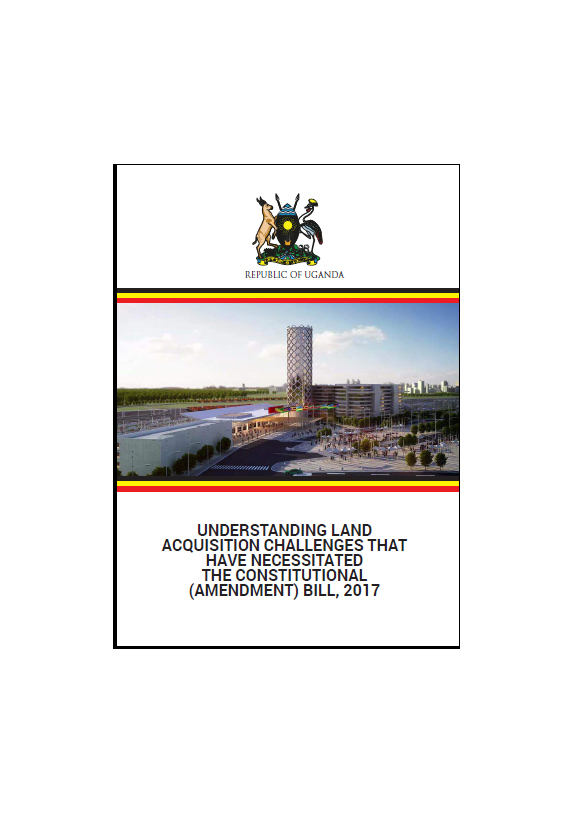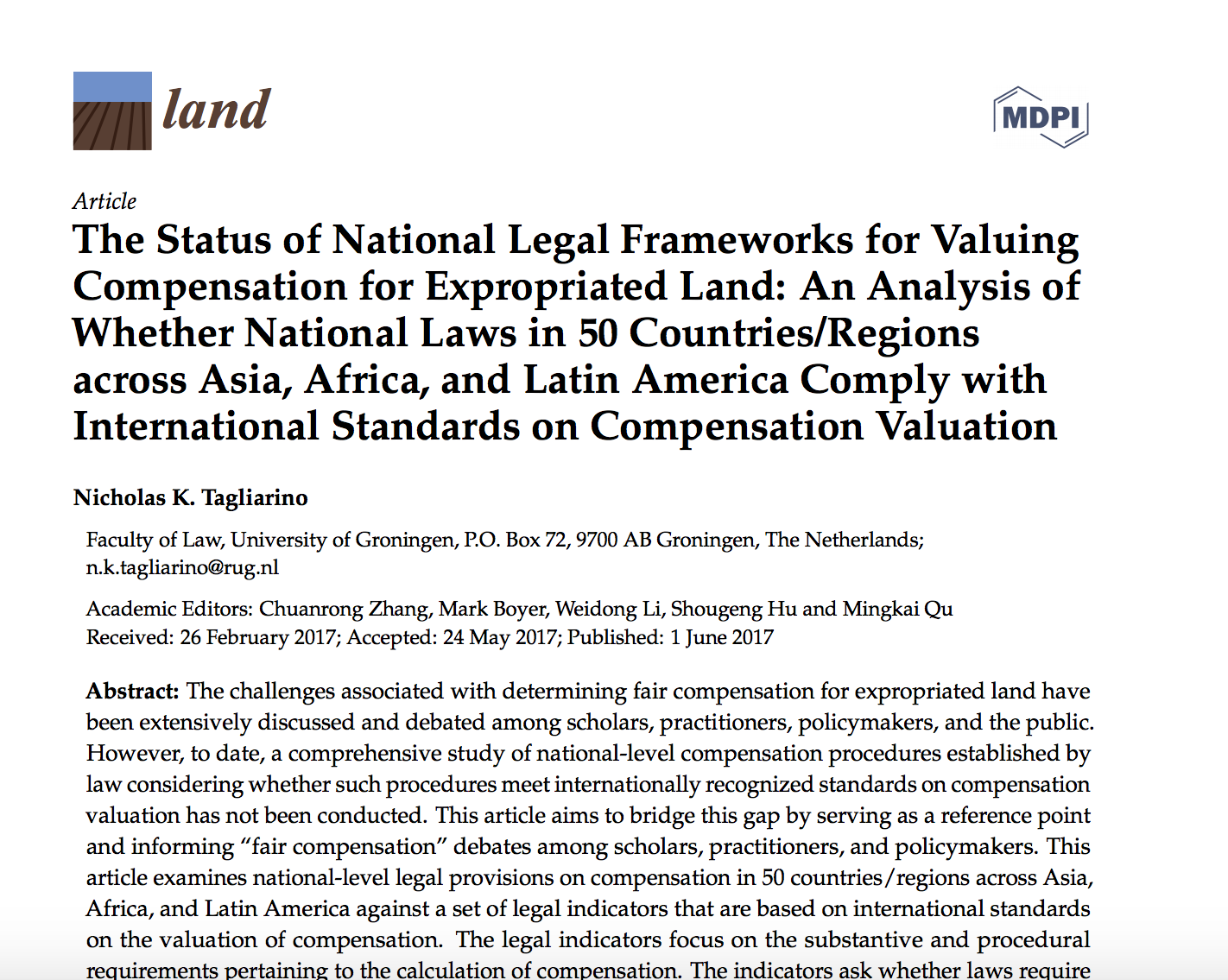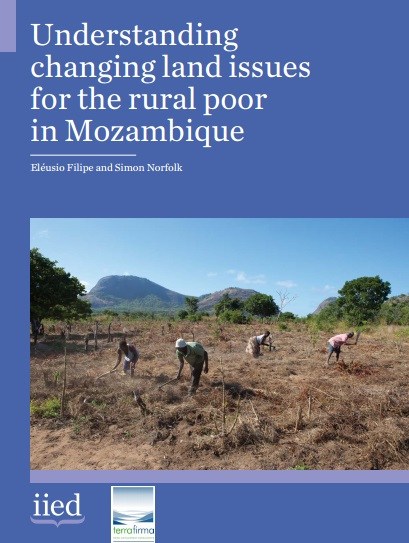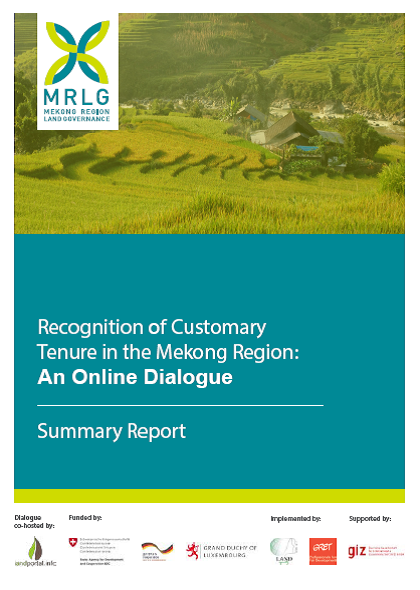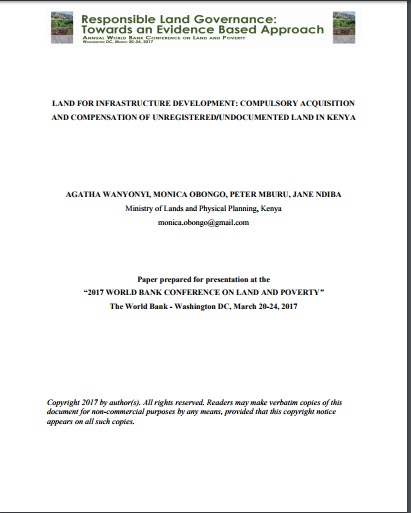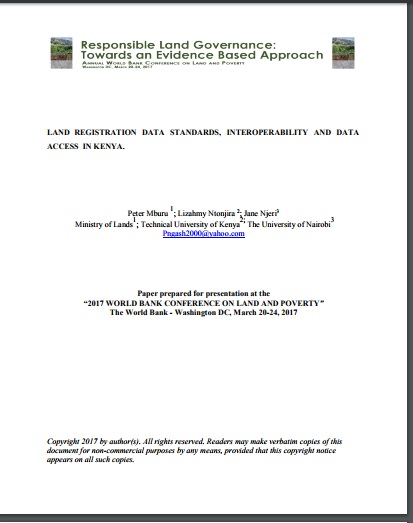Understanding Land Acquisition Challenges that Have Necessitated the Constitution (Amendment) Bill 2017
Compulsory acquisition is the power of government to acquire private rights in land for a public purpose, without the willing consent of its owner or occupant. This power is known by a variety of names depending on a country’s legal traditions, including eminent domain, expropriation, takings and compulsory purchase.

